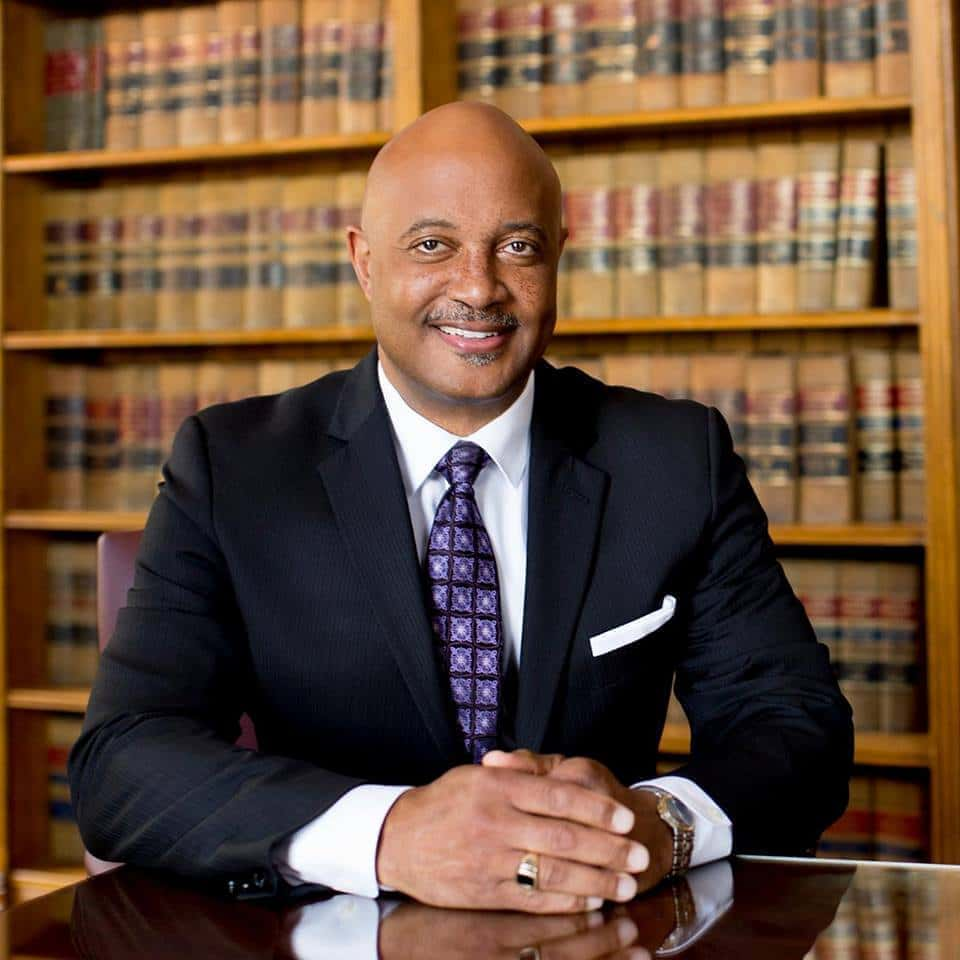
INDIANAPOLIS – The Indiana Supreme Court’s Disciplinary Commission has rested its case against Attorney General Curtis Hill.
Hill is accused of reaching inside the dress of State Representative Mara Candelaria-Reardon (D-Munster) and inappropriately touching three legislative staffers at a party to celebrate the adjournment of last year’s legislative session.
The commission’s final witness was Hill himself, not to discuss the accusations but to outline the organization and scope of his office. He’s expected to retake the stand Thursday or Friday in his own defense.
Before Hill’s brief appearance, a former employee of Hill’s when he was Elkhart County prosecutor testified the groping wouldn’t be his first instance of inappropriate behavior. Kathleen Bowers testified Hill bantered with her repeatedly about giving him dance lessons, after seeing her dance at a “Dancing With the Stars”-style charity event. Two months before his 2016 election as attorney general, she says, he came to her office, and after again asking for a free dance lesson, made the proposition explicitly sexual.
Bowers says he twice asked her if she’d reconsidered — once days before being sworn in, and again in a phone conversation a day after the post-adjournment party.
Attorneys argued over whether Bowers could testify. Hill’s lawyers note her charges have nothing to do with the groping accusations. The disciplinary commission says if Hill is punished, a pattern of conduct is a factor in deciding what his penalty should be.
Defense lawyers began their case with three legislators who testified they didn’t notice Hill’s interactions with Reardon or the other women. Commission witnesses testified on Tuesday that they had. Former state insurance commissioner Logan Harrison said he didn’t see anything either, though he confirmed Reardon’s description of coming over to him and angrily calling Hill a “creep.”
Most of Wednesday afternoon’s testimony came from Tony Samuel, the lobbyist who invited Hill to the party. Samuel says he and Hill were at A-J’s Lounge for about two hours, and says he didn’t see Hill do anything out of line either, though he says they were at opposite ends of the bar for about three-quarters of that time. He says he didn’t hear about the women’s accusations until the Indianapolis Star contacted him for comment on a story revealing legislative leaders had commissioned an outside review of the accusations.
Samuel says he was skeptical of the reports, arguing someone who was hitting on women wouldn’t have stopped with a hand on their back, but would have asked for their number or otherwise taken things further. And, he reasons, he would have heard about it before the Star’s call, including from Hill on the ride home.
And Samuel questions why then-Senate Republican staffer Niki DaSilva sent a friend in Hill’s office a draft of her op-ed identifying herself as one of Hill’s formerly unnamed accusers. He argues someone describing what happened to them shouldn’t have needed help.
Commission attorney Seth Pruden questioned Samuel at length about a series of emails among him, Hill, Hill’s chief deputy, and various political allies, going over drafts of Hill’s own news releases and letters to the editor, accusing the women of falsifying their stories. The disciplinary complaint argues the attacks on the accusers are grounds for harsher punishment. Samuel argues those exchanges are different from DaSilva’s request for a check of her grammar, because defending someone against accusations required that every word be correct.


